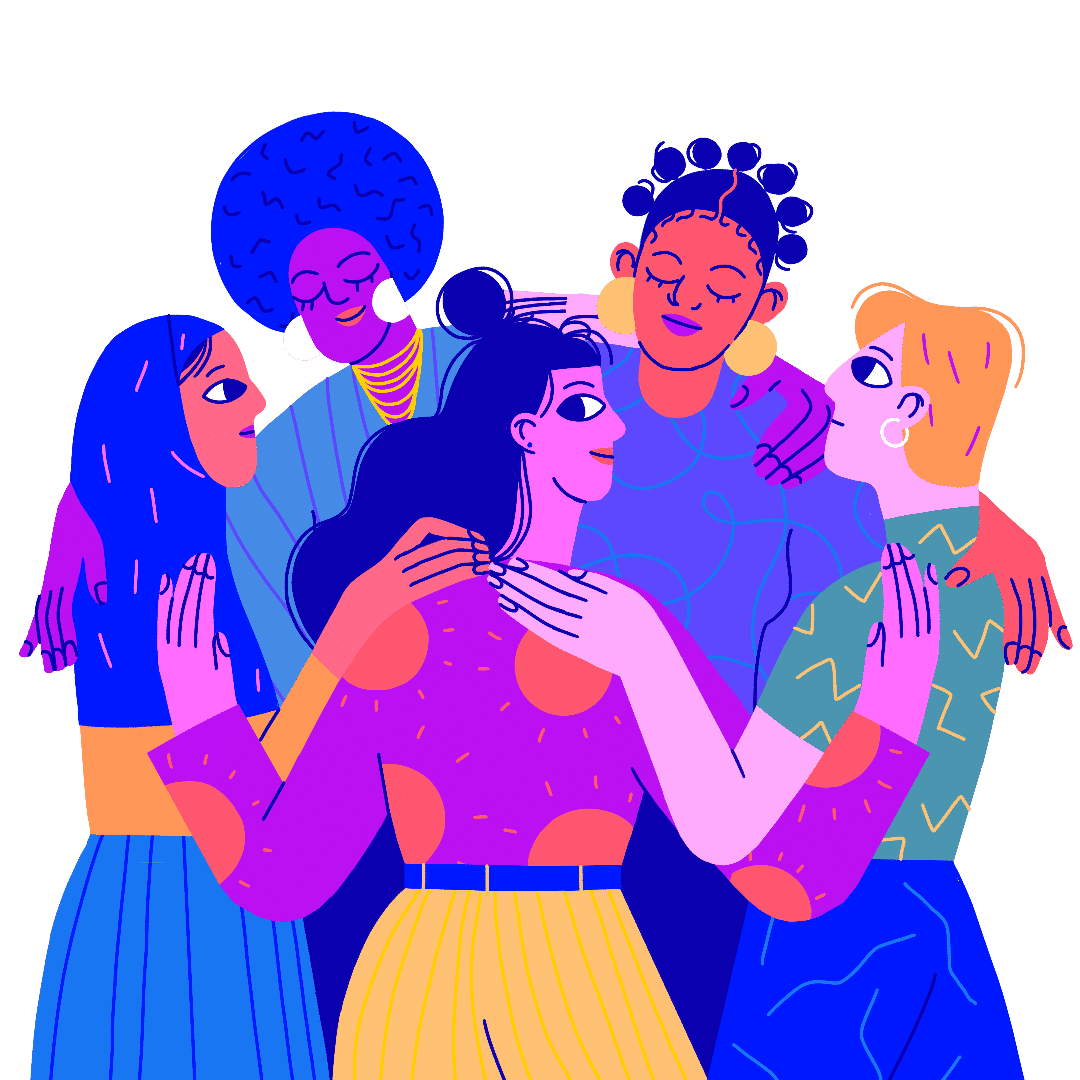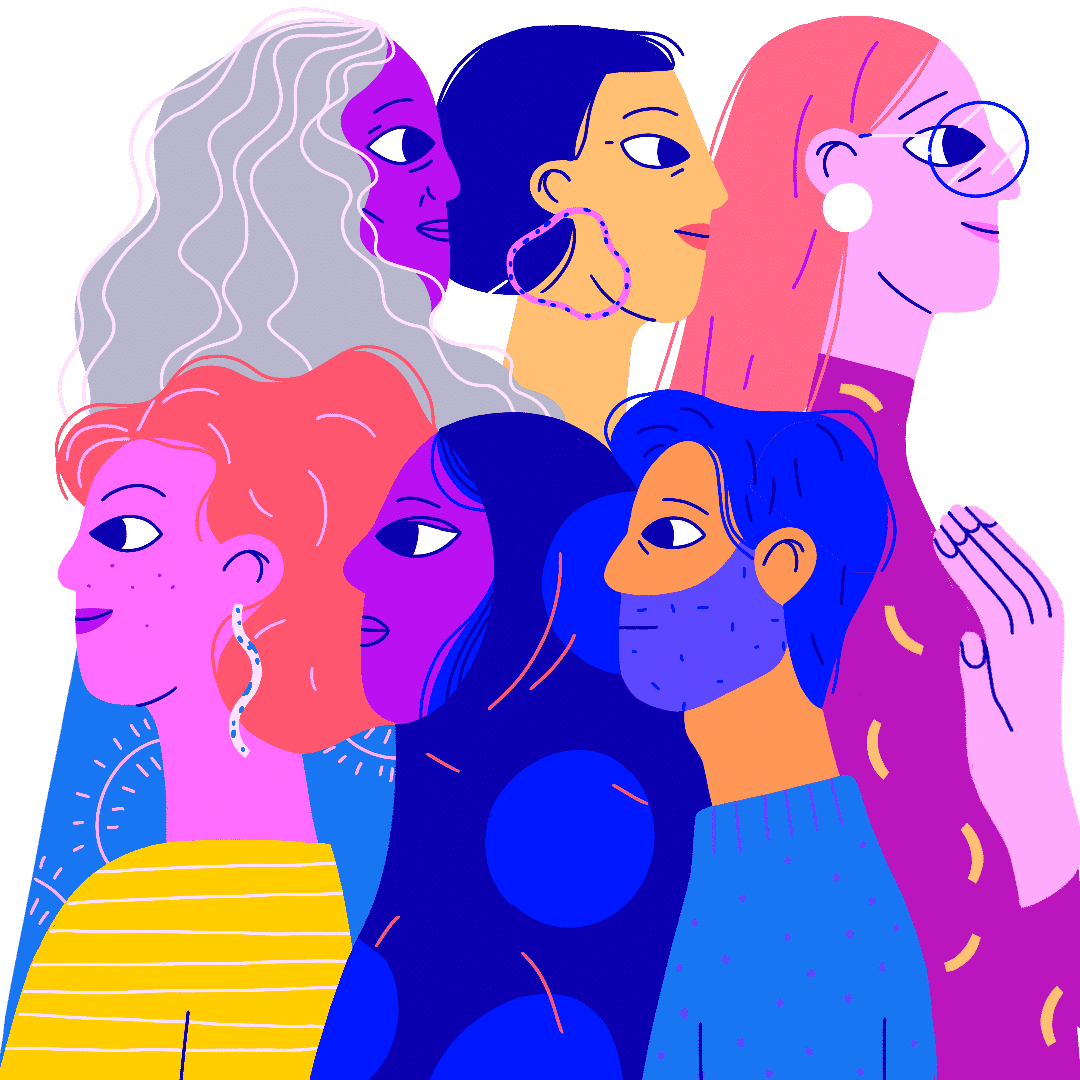Women,
Peace
and Security
Agenda
Women,
Peace
and Security
Agenda

Women play an important role in the prevention and resolution of armed conflicts, whether as human rights defenders under repressive regimes, as peace activists or as members of protest movements. Women advocate for peace in their communities, including in conflict zones and during peace processes. They move between fronts as intermediaries, create humanitarian corridors and negotiate with armed groups.
This stands in stark contrast to formal peace negotiations, in which, all too often, women are seldom involved. Although studies have shown that the involvement of women raises the likelihood of a given peace negotiation achieving lasting success, between 1992 and 2008 barely more than one in every ten members of negotiating delegations and a mere one in thirty people involved in negotiating formal peace processes was a woman.
This absence of women in peace processes weakens the agreements’ quality and durability and thus also weakens the societies built on these agreements. Peace treaties co-signed by women are maintained longer on average, include a greater number of measures aimed at political reform and are also more frequently enforced. If women participate in peace processes directly or indirectly (e.g. in civil-society advisory bodies), agreements are more likely to be gender-specific. And this has direct implications for more equitable post-conflict societies. UN Women has published this and other data on the participation of women in peace processes on its website and on the site publishing thefindings of a large-scale international study.
In order to close this gap in the worldwide peace and security architecture, the Security Council passed Resolution 1325 on “women, peace and security” back in the year 2000. Over the years, this resolution has been fleshed out by nine subsequent resolutions. Together, the ten resolutions comprise the normative core of the “women, peace and security” agenda. The resolutions focus on four key areas: first, women should play an active role at all levels of peace and security processes; second, all people are to be protected from sexualised violence in armed conflicts; third, women must be an integral part of all measures for conflict prevention; and fourth, all measures for aid, reconstruction and reintegration must take into account the needs of women and men in a gender-equitable fashion.
Both supporting women and gender equity in peace processes and protecting against sexual and gender-based violence are important foreign-policy objectives for Germany. The Federal Foreign Office supports partner organisations and peace activists on the ground and advocates in multilateral and regional organisations, for the substance of the agenda to be part of all processes concerning crisis prevention, peacebuilding, stabilisation and post-conflict rehabilitation. In the UN Security Council, we have managed to enshrine the agenda of women, peace and security within the mandates of UN Peacekeeping operations on an ongoing and even wider basis. This means that UN Peacekeeping operations are now obligated to implement the agenda in crisis zones. Further information on Germany’s engagement in the field of women, peace and security can be found on the Federal Foreign Office website.
